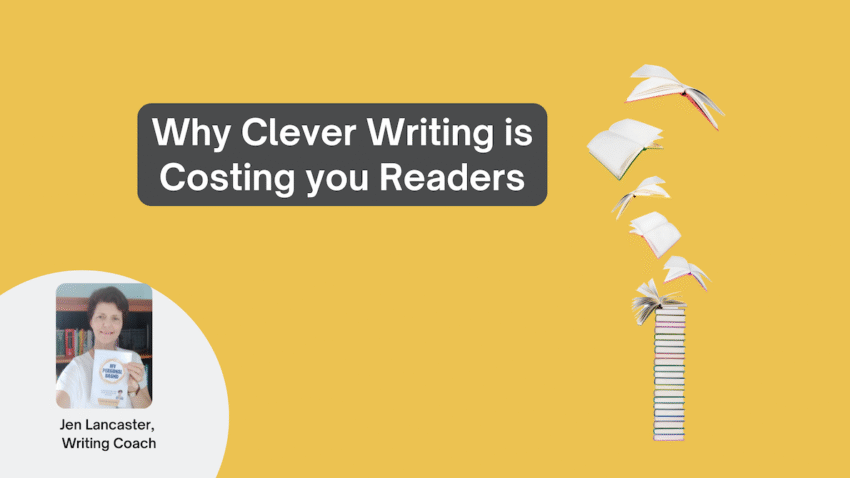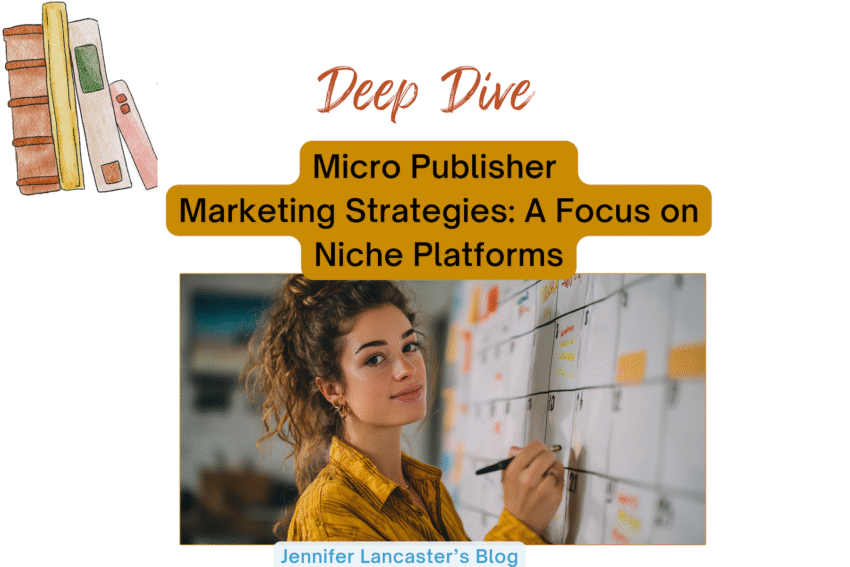Like almost everything, the concept of Artificial Intelligence (AI) is both good and bad. AI and machine learning is already replacing pesky jobs — like auditing a huge news site — yet it could also threaten the livelihoods of editors, journalists, and content writers. In 2019, we all didn’t believe jobs would disappear. Now, in 2024, we see that content writers are becoming editors of generated chats in a forced vocational transition.
AI programs can scan a newspaper’s back issues and by learning the style, it can write feasible news articles from releases. Some places, like Sports Illustrated, have gotten into trouble by not marking that articles were written by artificial means.
The Washington Post has a robot reporting program called Heliograf. However, The Post is using their system to not replace journalists, but to assist them and make their jobs easier and faster.
Did A Robot Write This? How AI Is Impacting Journalism
Supercomputer IBM’s Watson once analysed 9,000 recipes and turned some into a cookbook (as well as having its own meal suggestion app). Imagine doing that manually!
Using Editing Apps
When editing, there are apps that help you check for voice, consistency of spelling, readability, diction, overused words, and lots more. For downloadable end files, you’ll have to pay for the extended program, but it’s just US$60 per year. Pro Writing Aid allows me to import a Word document and see what the Overview comes up with. It’s also able to highlight whichever grammar peccadillo you want to look at.
If it doesn’t crash, it comes up with some suggestions for changing passive voice; however, in some cases the changes suggested were not wanted. Yes, that was an intentional passive sentence! It did not pick up what I call ‘missing flow words’: some words I like to insert to get sentences to flow from one to another, e.g. yet, in this way, but, although.
Similarly, it doesn’t suggest a topic sentence for a ‘logical’ style paragraph when it really needs one (IMHO). I sometimes attempt to write these topic sentences for the author, so they can then understand what a difference it makes to comprehension.
So, while Pro Writing Aid and Grammarly tools are going to save some quibbling copy edits and pick up inconsistency of UK/US spellings, dashes, quotes, some tautology and similar, these can’t quite ‘read’ and interpret the text how a real editor would.
Style and Purpose of Text: Does Chat-GPT Help?
Paid-for versions of these nascent writing LLMs may well use better sources and use research well, but I’m not sure it’s quite the same as your own deep and real personal observation. In other words, all those things that make a feature story or book worth reading. Creating a book with your mind-mapping, note-taking and writing skill is definitely more enjoyable, although slower.
In Summary
Sometimes, the editing apps don’t have a correct sense of where passive voice can’t be changed or where the whole paragraph could read better. Book creation is better done by manual means, with Chat-GPT used for complex data analysis, tables, schedules, and gleaning an idea from a long swathe of text.
If you loved this article written by a human, then please share it with a friend. Our editing and co-writing services provide professionals and others nation-wide with suggestions that turn a book from ‘good’, ‘fair’, or ‘a little cluttered’… to great.









